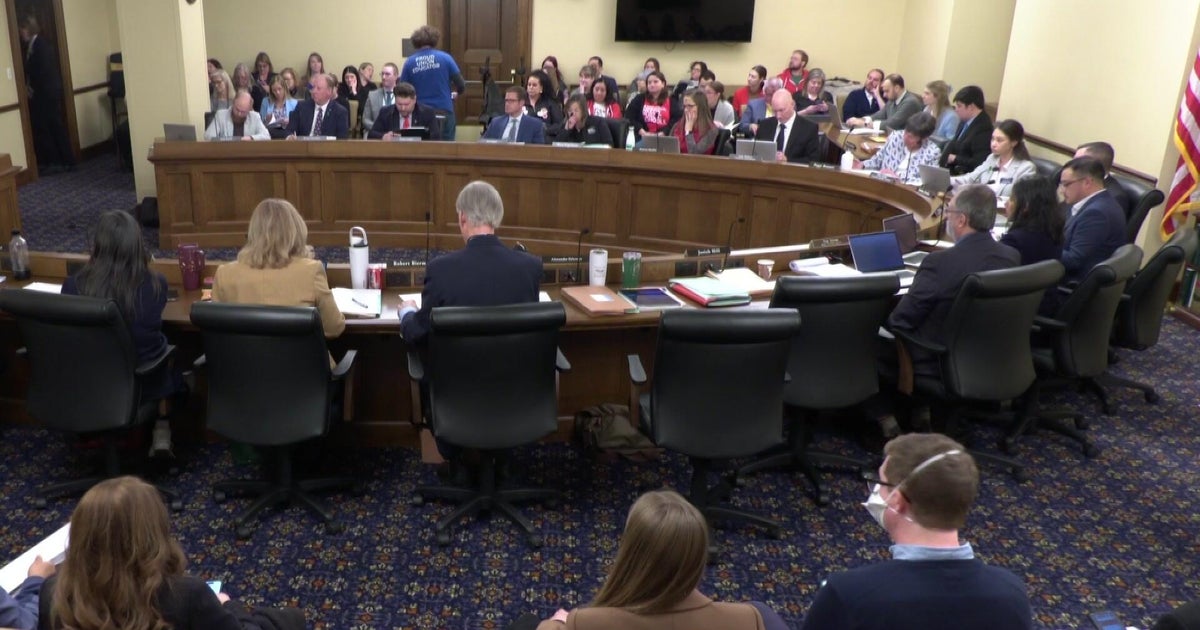Medical debt won't be reported to credit bureaus under new Minnesota law
ST. PAUL, Minn. — Minnesotans with medical debt could see some relief this fall when a new law takes effect designed to boost protections for consumers, so unpaid health care bills don't take a toll on their finances.
The "Minnesota Debt Fairness Act," part of a large commerce policy bill at the legislature this year, prohibits reporting to credit bureaus and transferring of medical debt to spouses.
Health care providers also can't withhold necessary medical care due to medical debt and there will be new income-based wage garnishment levels, so people making minimum wage won't see more than 10% of their paycheck going to collections. Right now there is a 25% flat rate.
"If you contract the debt fairly, you should pay it back. We all agree on that," said Attorney General Keith Ellison during a ceremonial bill signing Monday. "But we also agree that our debt payment systems shouldn't make it harder to pay it back and they definitely shouldn't make you poorer or run into financial ruin as we try to pay it back."
One in 10 U.S. adults owe at least $250 in medical debt, according to a Kaiser Family Foundation analysis. A recent study of consumer debt by the Minnesota State Bar Association found the median amount of money in medical debt cases taken to court here is $1,500.
The new state law goes into effect in October and it's not retroactive. But Minnesotans saddled with medical debt celebrated its passage as a welcome step that will help many others.
Walt Myers of Lakeville said after his wife passed away from cancer, the bills for her hospice care started piling up to the tune of $135,000.
"I panicked not knowing how I could ever pay that out of pocket. I mean, who has that kind of money?" Myers said. "No one should face financial ruin while grieving the loss of their spouse."
Under the new law, spouses will not see that debt transferred to them. Ultimately, he successfully contested those bills, but he became an outspoken supporter of the legislation and testified at the capitol, urging lawmakers to pass it.
"While I wish that kind of legislation was in place back in 2019, the important thing is it's here now and it will help countless Minnesotans in situations similar to mine," Myers said.
The Consumer Financial Protection Bureau recently announced new federal rules barring credit reporting agencies from including medical debt when determining a person's credit score. It also can't be factored into an application for a loan.
The government agency earlier this year in a study found 15 million Americans in disproportionately low-income communities had medical debt impacting their credit with more than $49 million total in collections.
Ellison said his office often fields calls from Minnesotans concerned about medical debt. Some of his staff worked on the bar association's report analyzing the scope of the problem, and the attorney general's office will handle enforcement of the new law.
"This Debt Fairness Act put a stake in the ground marking what we think a fair and dignified system should look like," he said.








